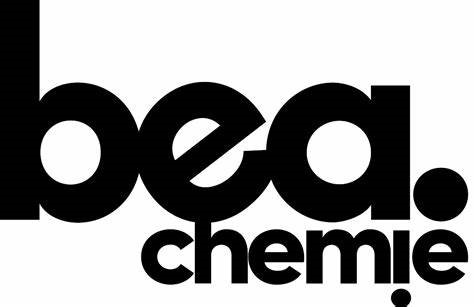Acetic salts with a low CO₂ footprint
The product range includes the types bea.NadiAc, bea.NaAc.Tri, bea.CaAc.G and bea.DryV.N.
bea.NadiAc
bea.NadiAc is a sodium diacetate (E262), which is often used in the food industry as an acidity regulator to extend the shelf life of products and improve their taste.

bea.NaAc.Tri
Sodium acetate trihydrate (E262) serves in the food industry as an acidity regulator and
preservative and, just as sodium diacetate, is often used in meat products, baked goods
and delicatessen salads to extend their shelf life and improve their taste.
For more information, please contact:

bea.CaAc.G
bea.CaAc.G is a high-quality calcium acetate granulate that is characterized by its high
purity and efficiency and is approved as a food additive under the designation E 263.
The product is used in the food industry in a variety of ways, particularly as an acidity
regulator, stabilizer and flavour enhancer.
bea.DryV.N
bea.DryV.N is a clean label dry vinegar that can be used for mold prevention, for example.
It is a natural and sustainable vinegar salt that contains no artificial colors, flavors or preservatives. The product is often used as a natural acidity regulator in foods, for example in baked goods, snacks, ready meals or in the meat industry.
Innovative raw materials combined with sustainability
The vinegar salts from bea.chemie are a good example of how innovative raw materials can contribute to sustainability. This is because heat recovery and a photovoltaic system are already integrated into the modern production processes. This reduces the CO₂ footprint. All products are manufactured at the traditional Bitterfeld-Wolfen site in Germany. Short delivery routes without shipping and customs and a large stock guarantee the availability of all products - regardless of global events.
Distributed in Germany, Poland, Switzerland.


Flavors and taste are known to make a difference

Nordmann at Food Ingredients Europe (FiE) 2024


